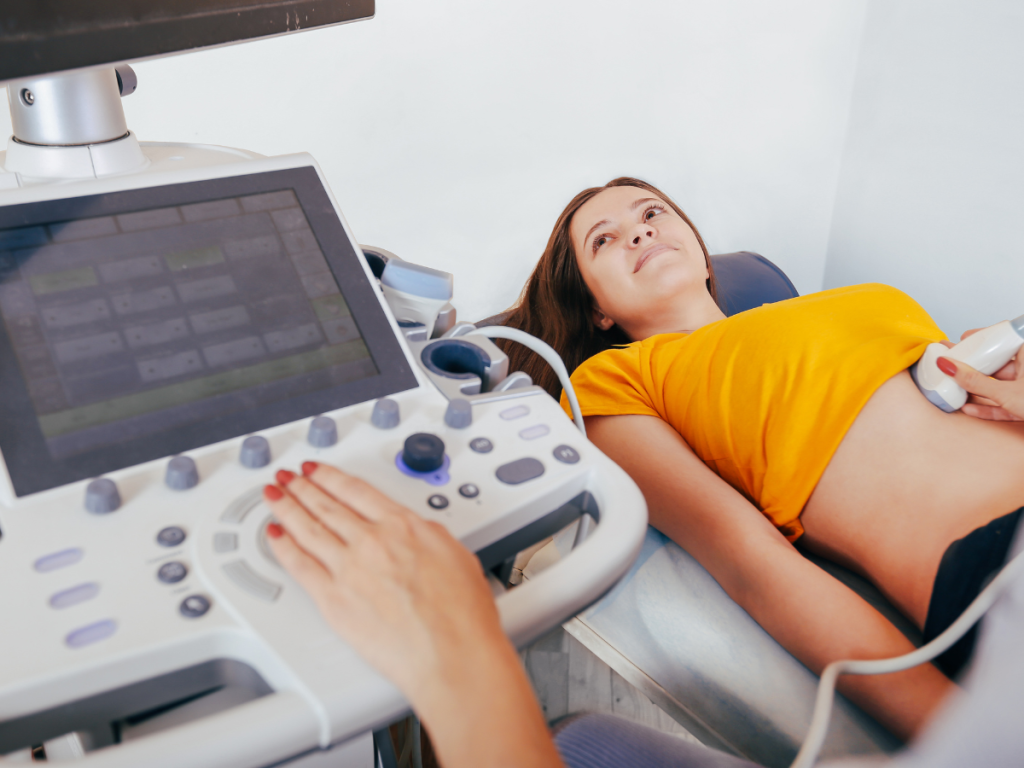Maintaining good health is essential for overall well-being, and one aspect of this is ensuring the proper functioning of our vital organs. Among these organs, the kidneys, ureters, and bladder play a significant role in our body’s waste elimination process. However, these organs are susceptible to various disorders and conditions that can affect their functionality. In this article, we will discuss the importance of having a kidneys, ureters, and bladder ultrasound scan, along with the symptoms that may indicate the need for such a scan.
Understanding Kidneys, Ureters, and Bladder
The kidneys, ureters, and bladder are part of the urinary system, which is responsible for removing waste products, regulating fluid levels, and maintaining electrolyte balance in our body. The kidneys filter waste products and excess water from the blood, producing urine. The urine then passes through the ureters, thin tubes that connect the kidneys to the bladder. From the bladder, urine is eventually eliminated from the body through the urethra.
Importance of Kidneys, Ureters, and Bladder Ultrasound Scan
A kidneys, ureters, and bladder ultrasound scan, also known as a renal ultrasound or kidney sonography, is a non-invasive diagnostic procedure that uses sound waves to produce images of these organs. This scan helps in identifying any abnormalities or diseases that may affect their functionality. Here are some reasons why you need to have a kidneys, ureters, and bladder ultrasound scan:
-
Detection of Kidney Stones: Kidney stones are hard mineral and salt deposits that form in the kidneys. They can cause severe pain and discomfort, and if left untreated, they may lead to complications such as blockages or infections. An ultrasound scan can help detect the presence and location of kidney stones, guiding the appropriate treatment plan.
-
Evaluation of Kidney Size and Shape: An ultrasound scan allows the evaluation of kidney size, shape, and position. It can help identify any anomalies such as enlarged kidneys, cysts, or tumors. Early detection of these abnormalities is crucial for timely intervention and management.
-
Assessment of Ureteral Obstruction: Ureteral obstruction occurs when there is a blockage in the ureters, preventing the normal flow of urine from the kidneys to the bladder. An ultrasound scan can detect such obstructions and determine their cause, which may include kidney stones, tumors, or scar tissue.
-
Diagnosis of Bladder Abnormalities: An ultrasound scan can reveal bladder abnormalities such as bladder stones, cysts, or tumors. It can also assess bladder wall thickness and detect signs of bladder inflammation or infection.
-
Monitoring Urinary Tract Infections (UTIs): UTIs are common infections that can affect any part of the urinary system, including the kidneys, ureters, bladder, and urethra. An ultrasound scan can help assess the severity of the infection and monitor its progression, aiding in the appropriate treatment.
Symptoms Indicating the Need for a Kidneys, Ureters, and Bladder Ultrasound Scan
Certain symptoms may suggest the need for a kidneys, ureters, and bladder ultrasound scan. If you experience any of the following, it is advisable to consult with a healthcare professional:
-
Frequent or Urgent Urination: If you find yourself needing to urinate more often than usual or feel a sudden urgency to urinate, it could be a sign of an underlying urinary issue.
-
Blood in Urine: The presence of blood in urine, known as hematuria, can be an indication of various urinary tract problems. It should never be ignored and warrants medical attention.
-
Pain or Discomfort: Persistent pain or discomfort in the lower back, abdomen, or pelvic area can be an indicator of kidney stones, urinary tract infections, or other bladder and kidney-related conditions.
-
Unexplained Fatigue or Swelling: Kidney problems can contribute to unexplained fatigue, as the kidneys play a crucial role in regulating red blood cell production. Additionally, kidney dysfunction can cause fluid retention, leading to swelling in the legs, ankles, or face.
-
Changes in Urine Characteristics: Pay attention to any changes in the color, smell, or consistency of your urine. Cloudy, foul-smelling, or foamy urine may indicate an underlying issue within the urinary system.
Conclusion
Taking care of our kidneys, ureters, and bladder is vital for maintaining optimal health. Regular check-ups and screenings, such as kidneys, ureters, and bladder ultrasound scans, can help identify any potential issues early on, allowing for timely intervention and treatment. If you experience symptoms such as frequent urination, blood in urine, or unexplained pain, it is essential to consult with a healthcare professional and consider the possibility of having a kidneys, ureters, and bladder ultrasound scan.

